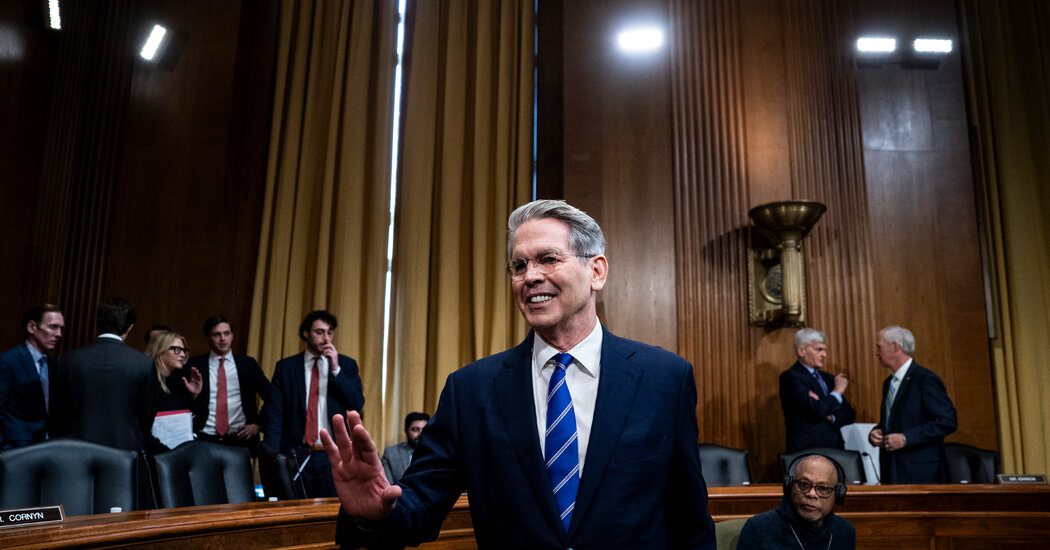
Scott Bessent to Miss G20 Meeting, Highlighting U.S.-South Africa Tensions
Treasury Secretary Scott Bessent will not attend the upcoming meeting of finance ministers and central bank leaders from the Group of 20 (G20) nations in Cape Town next week, according to sources close to his schedule. This decision further underscores the growing divide between the United States and South Africa, especially regarding policies perceived as unfavorable to American interests by the Trump administration.
Such an absence from a significant economic forum is atypical for a Treasury Secretary, particularly one who recently took office just three weeks ago. This decision comes during a critical period for the global economy, with the U.S. government contemplating tariffs impacting nearly all trading partners. Additionally, President Trump appears to be pursuing stronger economic relations with Russia, a country the United States historically opposed alongside its Western allies.
Bessent’s choice to skip the meeting follows Secretary of State Marco Rubio’s boycott of a similar foreign ministers meeting earlier this week in Johannesburg. Rubio justified his absence by stating he did not want to "waste taxpayer money or support anti-American sentiment."
President Trump has expressed skepticism about the value of multilateral gatherings like the G20, preferring instead to engage in direct negotiations with individual countries. The theme for this year’s G20 discussions, focusing on "solidarity, equality, and sustainability," contrasts sharply with the administration’s stance on climate action and diversity initiatives.
This meeting would have marked Bessent’s first chance to connect with international colleagues and engage in discussions with leading financial officials from Europe, China, and Russia.
Mark Sobel, a veteran of nearly four decades at the Treasury Department, criticized the decision to bypass such meetings, labeling it a "colossal mistake." He emphasized that these forums provide a vital opportunity for the Trump administration to articulate its global priorities and address important topics, including the state of the world economy and foreign exchange policies.









